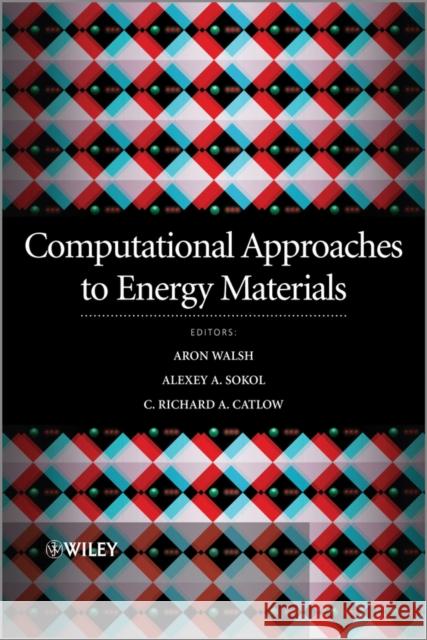Computational Approaches to Energy Materials » książka
Computational Approaches to Energy Materials
ISBN-13: 9781119950936 / Angielski / Twarda / 2013 / 318 str.
The development of materials for clean and efficient energy generation and storage is one of the most rapidly developing, multi-disciplinary areas of contemporary science, driven primarily by concerns over global warming, diminishing fossil-fuel reserves, the need for energy security, and increasing consumer demand for portable electronics. Computational methods are now an integral and indispensable part of the materials characterisation and development process. Computational Approaches to Energy Materials presents a detailed survey of current computational techniques for the development and optimization of energy materials, outlining their strengths, limitations, and future applications. The review of techniques includes current methodologies based on electronic structure, interatomic potential and hybrid methods. The methodological components are integrated into a comprehensive survey of applications, addressing the major themes in energy research. Topics covered include:
- Introduction to computational methods and approaches
- Modelling materials for energy generation applications: solar energy and nuclear energy
- Modelling materials for storage applications: batteries and hydrogen
- Modelling materials for energy conversion applications: fuel cells, heterogeneous catalysis and solid-state lighting
- Nanostructures for energy applications This full colour text is an accessible introduction for newcomers to the field, and a valuable reference source for experienced researchers working on computational techniques and their application to energy materials.
Outlining their strengths, limitations, contemporary, and future applications, Computational Approaches to Energy Materials is the first authoritative resource to present a broad survey of computational techniques for the development of energy materials.











